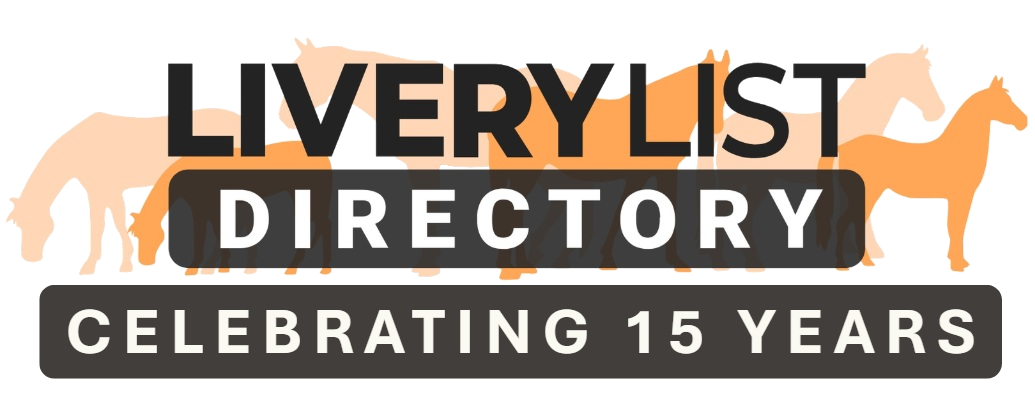As reported last week by Farming UK, a staggering 6,365 agriculture, forestry, and fishing businesses shut down over the past year—the highest number since quarterly records began in 2017, according to the Office for National Statistics (ONS).
Farmers Facing an Existential Threat
This wave of closures reflects deep-seated challenges affecting rural livelihoods. Industry representatives, including Victoria Vyvyan, President of the Country Land and Business Association (CLA), warn that farms are being “pushed to the edge” by mounting red tape, tax changes, rising national insurance, and fragile government support schemes.
Suffolk MP James Cartlidge echoed this concern, calling the situation an “existential crisis.” His remarks highlighted that many farms operating for generations may not survive the impact of policy changes such as looming inheritance tax reforms. The policy shift includes a new 20% tax on inherited agricultural assets above £1 million from April 2026—upsetting many farmers who fear they may be forced to sell land simply to pay their tax bil.
Although 3,190 new agriculture-related businesses did open within the same period, the net loss of 3,175 businesses illustrates a significant downturn.
The Equestrian Sector’s Quiet Decline
The equestrian world is also under strain, particularly at the grassroots level. Recent data underscores a troubling contraction:
-
Over 250 riding schools have shuttered since 2018, leaving just 1,497 across Great Britain—a 15% drop.
-
That decline equates to 1.5 million fewer riding lessons delivered annually, an enormous loss for future riders.
-
Riding establishments are operating at only 75% capacity, and many report ongoing staffing shortages and rising operational costs—particularly for insurance, feed, and energy.
-
The reduced capacity, coupled with costs and workforce challenges, has forced some businesses to downsize or diversify their offerings, including pivoting to off-horse activities like pony parties and equine-assisted learning.
-
The British Horse Society’s campaign, “Keep Britain Riding,” aims to reverse this decline by raising awareness and securing funds to support riding schools and keep equestrianism accessible.
Economic Ripple Effects and Broader Impacts
The simultaneous decline of both agricultural and equestrian businesses threatens the economic lifeblood of rural communities. Riding school closures, in particular, disrupt local supply chains—impacting farriers, feed suppliers, saddlers, instructors, and more—undermining the broader equestrian economy.
When both farms and riding schools close, the support systems and pathways into rural life and equestrian participation evaporate. With fewer local businesses, fewer lessons, and rising costs, these closures signal a precarious future for rural enterprise and access to equestrian activity.
Industry leaders are calling on the government to respond urgently to provide long-term policy clarity for planning, infrastructure, tax, and environmental schemes, to recognise equestrian facilities as vital rural enterprises, offering protections similar to farming in planning and funding frameworks, and to invest in staff development and recruitment to rebuild the equine workforce.
Without decisive action, both farming and equestrian sectors face further contraction—jeopardising not only rural economies but also the cultural and social foundations of Britain’s countryside.
